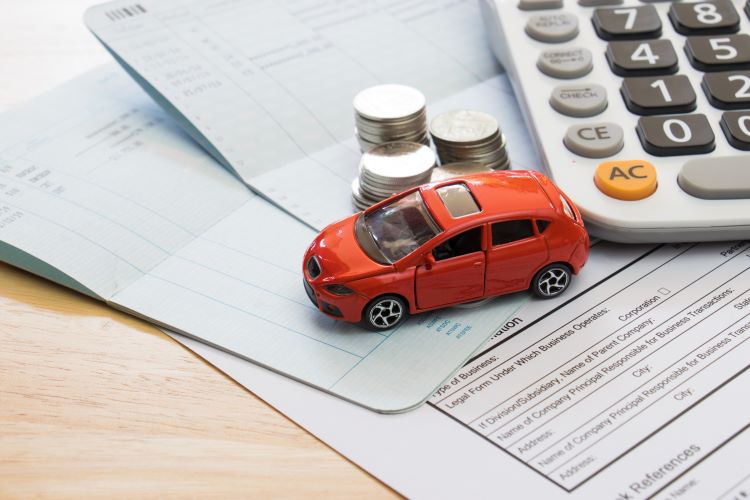Guide to Buying a Used Car in the UK
Buying a used car can save money and offer good value, but it also requires careful research to avoid unexpected costs and reliability issues. This guide explains how to assess condition, understand paperwork, check history, and weigh financing and running costs so you can make a clear, informed decision when shopping for a used vehicle in the UK.

How to assess a used car’s condition
A thorough inspection is the first practical step. Look for paint inconsistencies, panel gaps, and signs of rust or repair, which may indicate past damage. Check tyres for even wear and measure tread depth. Inside, inspect upholstery, electronic functions, and warning lights. During a short test drive note engine behaviour, steering alignment, braking response, and any unusual noises. If you are not confident assessing mechanical condition, arrange an independent inspection by a local garage or mobile assessor to identify hidden problems.
What paperwork and checks are essential
Ensure the V5C registration document matches the seller’s details and the car’s registration. Verify MOT history and certificates online to see past advisories or failures. Service history and receipts help confirm regular maintenance; gaps do not always mean trouble but should prompt questions. For private sellers, get a written receipt and a clear statement of mileage. For dealers, review their terms, warranty coverage, and returns policy. Use vehicle history checks to reveal outstanding finance, previous write-offs, or recorded accidents.
Financing, taxes, and ongoing costs
When budgeting, consider not only the purchase price but also insurance group, road tax, fuel economy, and anticipated servicing. Finance options include personal loans, hire purchase, and personal contract purchase (PCP); each affects total cost and ownership terms differently. Insurance premiums depend on driver history, location, and the vehicle’s insurance group. For many buyers, choosing a slightly older model with lower insurance and tax can be more economical than a newer high-spec car. Factor in routine maintenance, tyres, and unexpected repairs that become more likely with higher mileage.
Warranties, consumer rights, and dealer vs private sale
Buying from a dealer usually offers statutory protections and sometimes a warranty, while private sales transfer responsibility more directly to the buyer. Under UK consumer law, vehicles sold by a trader must be of satisfactory quality, fit for purpose, and as described. Warranty terms vary widely — identify what is covered, for how long, and whether labour is included. For older or higher-mileage cars, an independent warranty or paying for an extended check can provide additional peace of mind. Always get warranty terms in writing and understand any excesses or exclusions.
Pricing overview and comparison of providers
Below is a practical comparison showing typical providers and example cost ranges for used cars and services available in the UK. These are indicative ranges to help contextualise what you might expect when shopping for a used vehicle or selling one.
| Product/Service | Provider | Cost Estimation |
|---|---|---|
| Small hatchback (3–5 years) | Auto Trader | £6,000–£12,000 |
| Family SUV (5–8 years) | Cazoo | £12,000–£22,000 |
| Online inspected used car (varied types) | Motors.co.uk | £5,000–£25,000 |
| Instant sale valuation / part-exchange | WeBuyAnyCar | Offers typically 60–95% of private-sale value |
| Dealer warranty (short-term) | Independent dealer networks | £150–£800 (depending on duration and coverage) |
Prices, rates, or cost estimates mentioned in this article are based on the latest available information but may change over time. Independent research is advised before making financial decisions.
Conclusion
A careful approach to buying a used car reduces risk: inspect the vehicle thoroughly, verify documents and history, factor in financing and running costs, and decide whether dealer protections or private savings best fit your needs. Combining a practical inspection, clear budgeting, and reliable checks will help you choose a used vehicle that meets your expectations and long-term costs.




